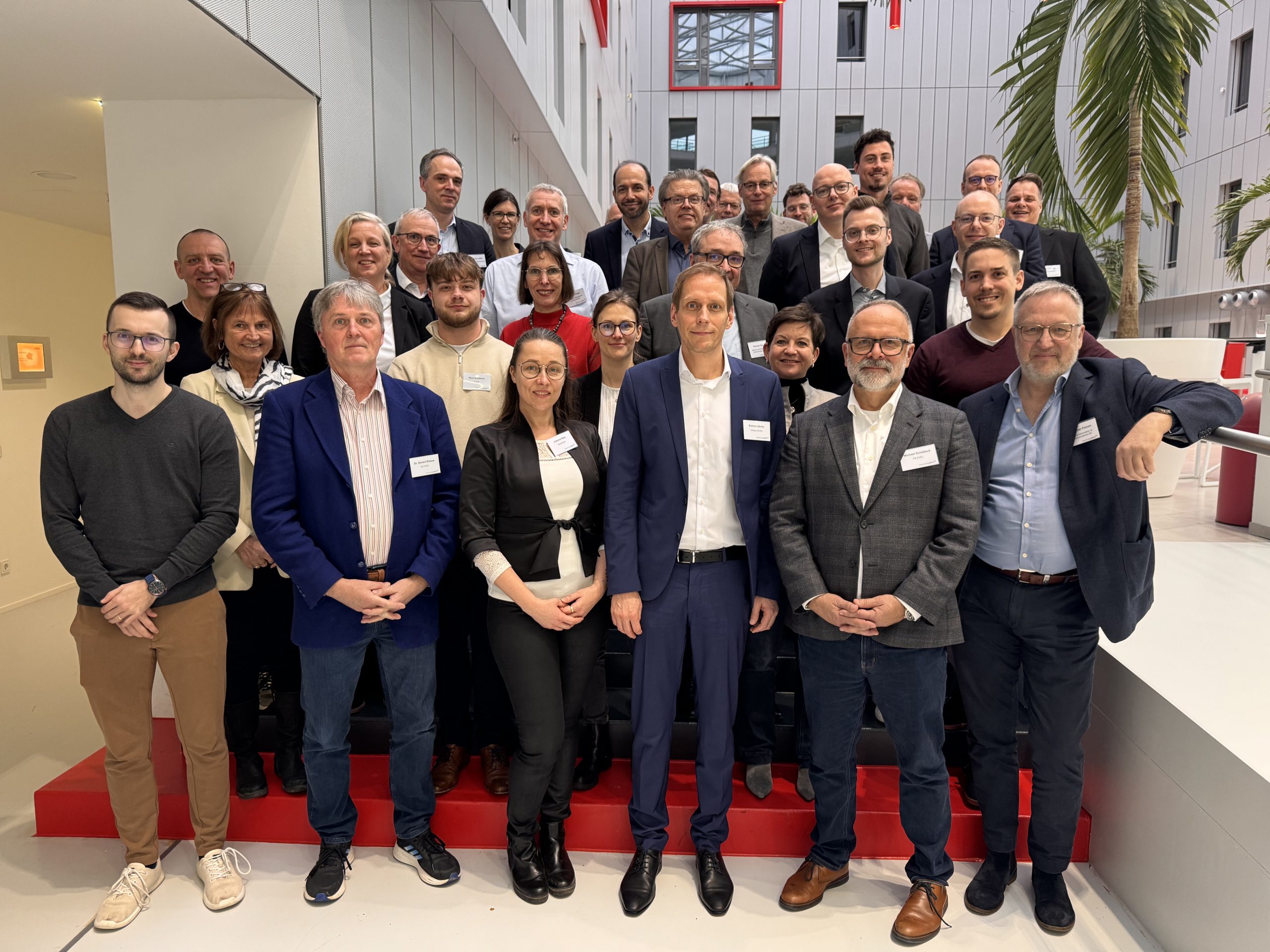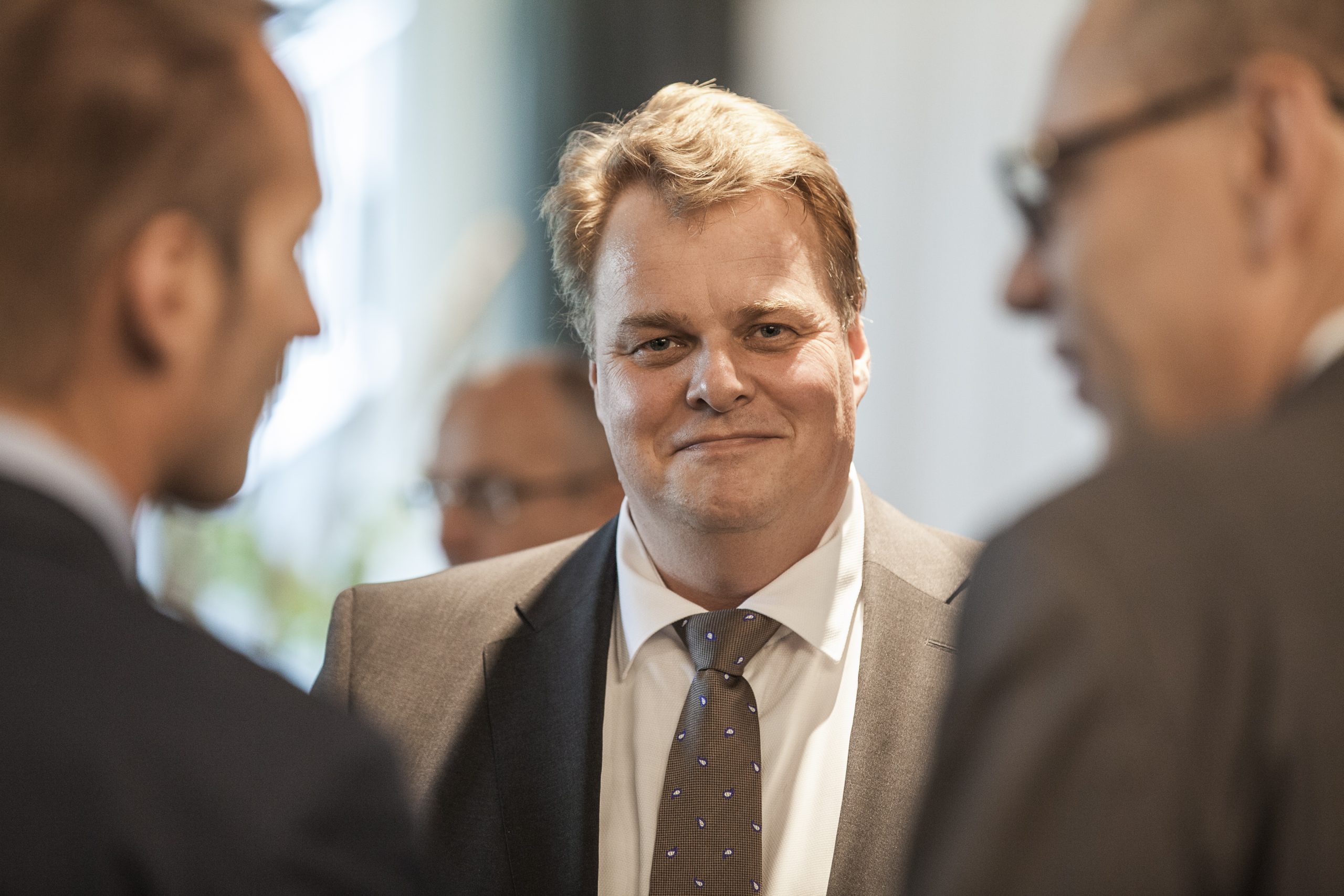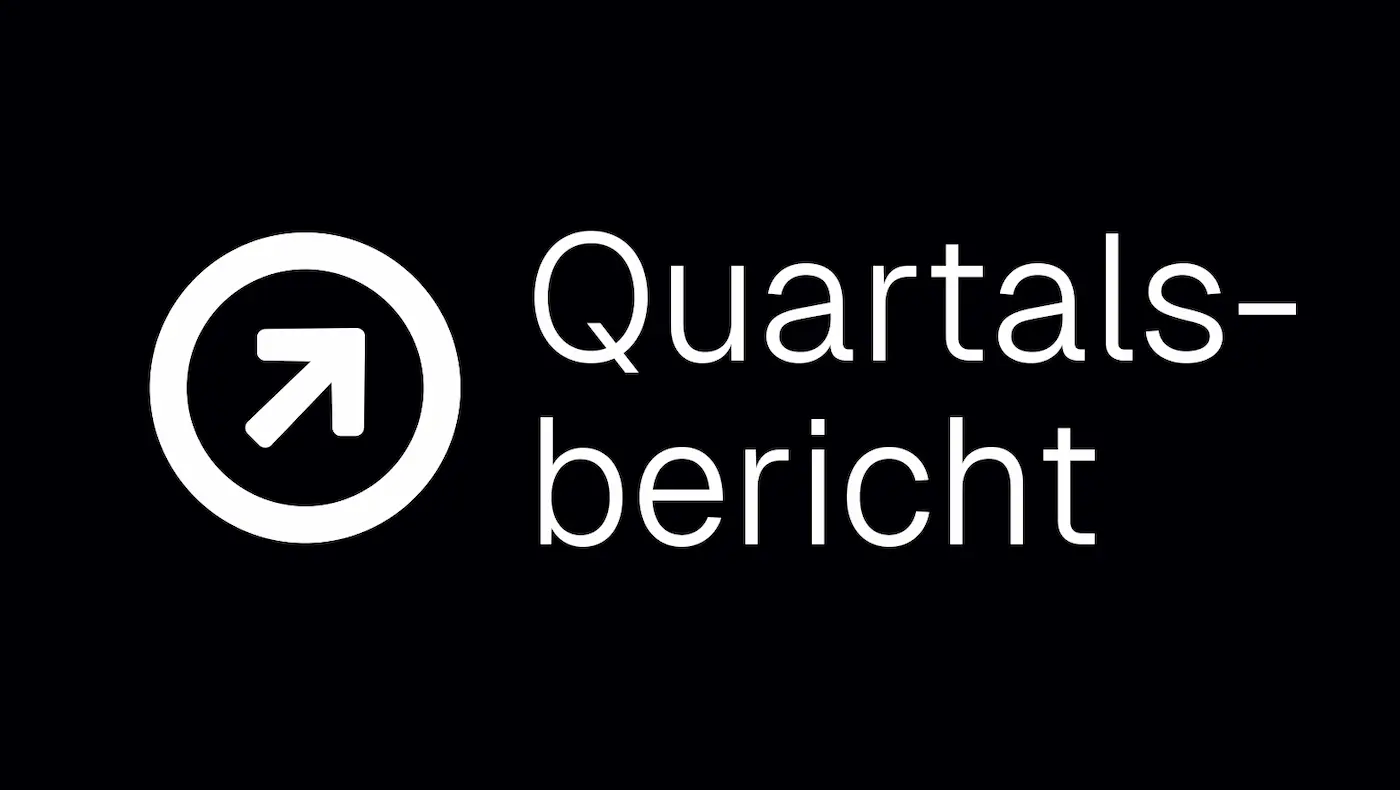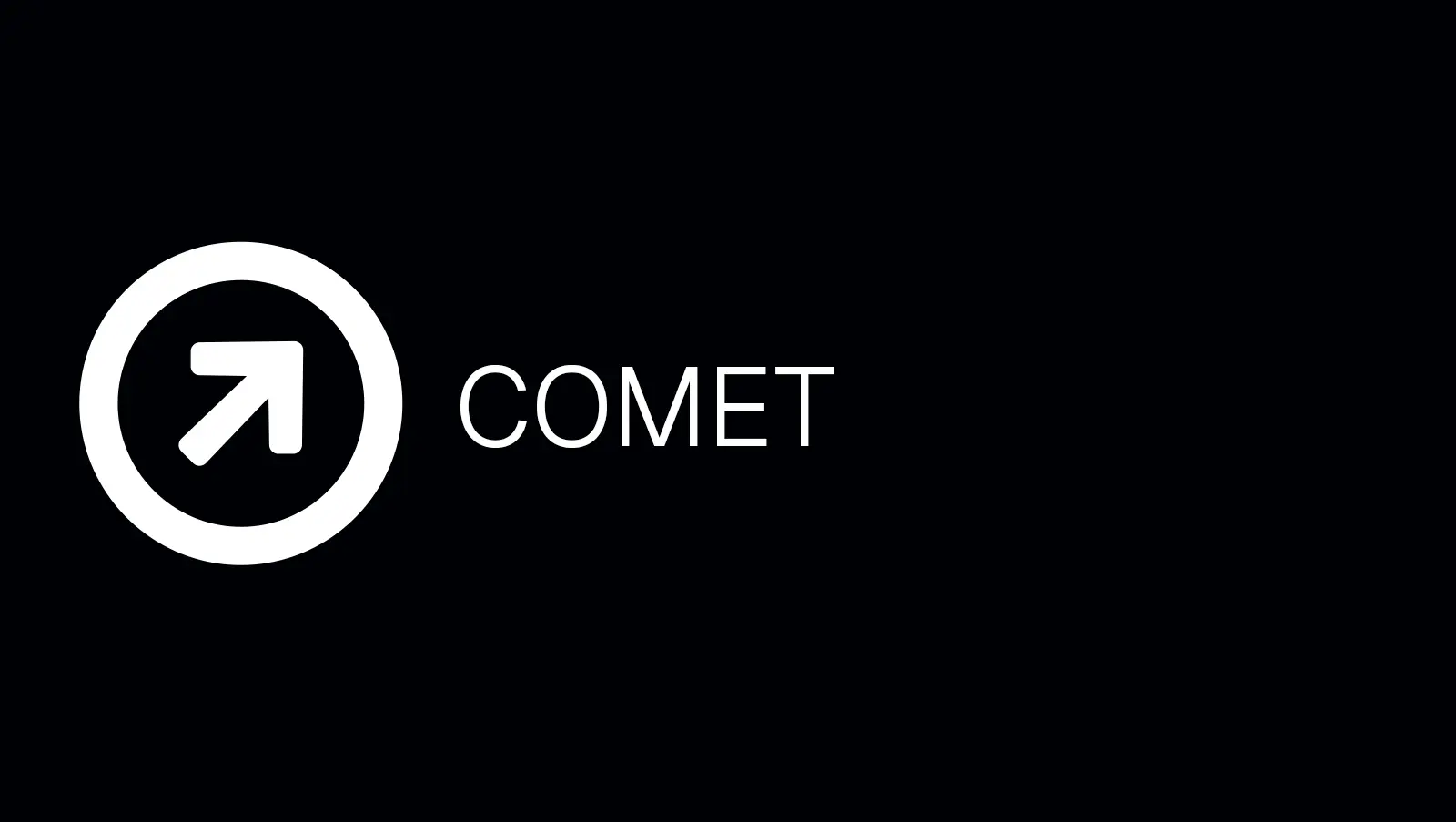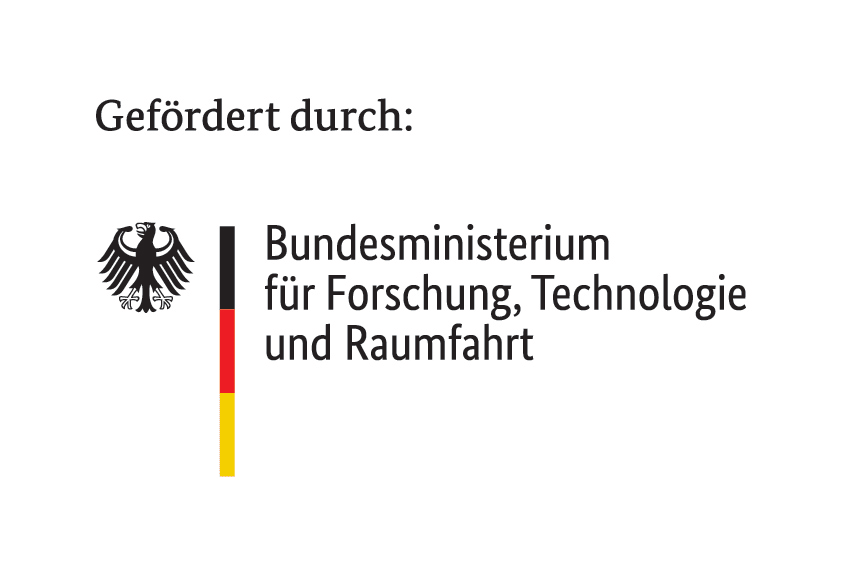SmartLivingNEXT onboarding: how a standardized process facilitates participation in the data ecosystem.
21. November 2024
6 minutes
Getting started in a complex data ecosystem can be challenging. With a clearly defined and standardized onboarding process, the SmartLivingNEXT research project funded by German Federal Ministry for Economic Affairs and Climate Action (BMWK) lowers the hurdles for organizations, companies and partners who want to become part of the AI-supported ecosystem. In our series, we show how the standardized onboarding process works and what benefits it brings for participants – including field reports.
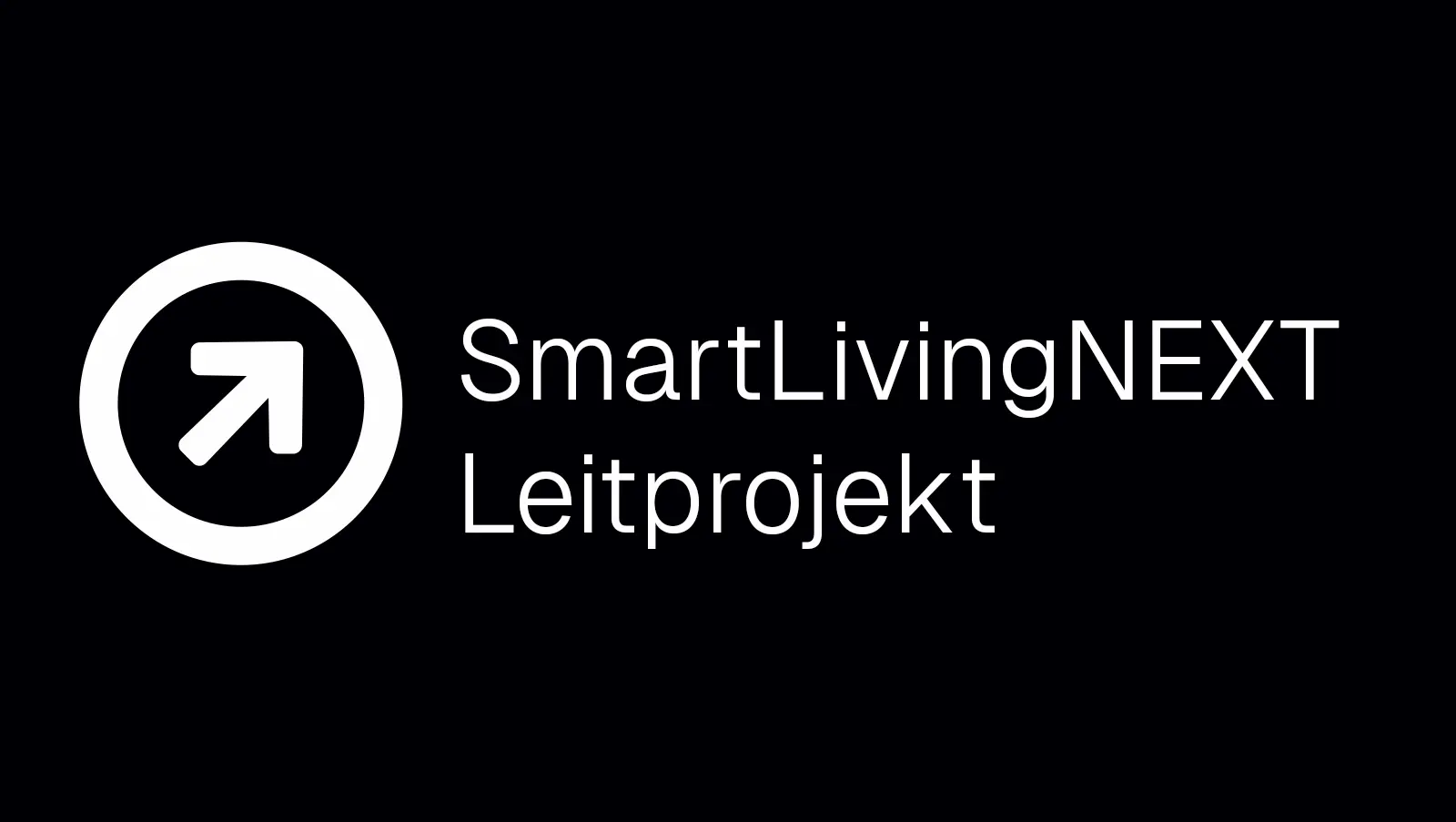
Part 1 – With a standardized onboarding process for the Dataspace Blueprint, flagship project consortium partner Materna has enabled a low-threshold technological entry for all participants. This will enable the SmartLivingNEXT data ecosystem to grow faster in future.
When organizations want to provide data on residential buildings in a data room, for example, they face a number of challenges: Compliance requirements, technological barriers and different data formats make it difficult to integrate and exchange data. This costs time and ties up resources. This is precisely where SmartLivingNEXT’s standardized onboarding process comes in, making the connection to the SmartLivingNEXT Dataspace Blueprint simple, fast and straightforward.
The SmartLivingNEXT onboarding process follows clearly defined steps to make the onboarding process as smooth as possible for every organization:
1. providing or setting up a basic technical infrastructure on the part of the data providers
2. organizational onboarding
3. data selection, data provision and technical connection to the data room
As part of its onboarding process, SmartLivingNEXT complies with current regulatory requirements, in particular the General Data Protection Regulation (GDPR), the EU Data Act and the EU Data Governance Act. These legal frameworks regulate the rights and obligations of participants and operators of data rooms and thus create the basis for sovereign data exchange. At the same time, the onboarding process is based on the principles of Gaia-X and is continuously developed further through the ongoing exchange with other Gaia-X projects.
The aim of technical onboarding is to make organizations, people and their data and service offerings known in the data room. Verifiable credentials – verifiable proof that only authorized participants can access certain data and services under the rules defined by the data provider – are a central element here. SmartLivingNEXT currently relies on the proven open source component “Keycloak” in this process to enable reliable identification of participants. As the project matures, more and more Gaia-X standards will be integrated to further decentralize the process.
Organizational onboarding is used by the governance instance to control participation in the data room. For example, it can be specified that only certain organizations from certain countries may participate.
This turns the SmartLivingNEXT data room into a sovereign marketplace that enables organizations to collaborate efficiently and benefit from each other. “Sovereign data exchange means that data producers themselves determine who can access their data and under what conditions. On the other hand, data consumers are assured that they are using trustworthy data from defined sources. This mutual trust requires a structured and verifiable integration of the participants in the data room – and this is exactly what onboarding ensures,” says Andreas Schulz-Dieterich, Senior Consultant at Materna Information & Communications SE, consortium partner in flagship project.
Federated Data Catalogue: data exchange with a sophisticated system of certificates and identities
Another advantage of onboarding is the creation of a comprehensive catalog of data and service offerings. These catalogs make the data space searchable for interested parties and make it easier to find the various offers, from smart meter data to AI-based energy forecasting services. For the SmartLivingNEXT ecosystem, Materna is developing a federated catalog in which services, data packages and individual sensors and their telemetry and measurement data can be found. Only then can services be offered from the perspective of a service provider. To this end, the developers are guided by the Gaia-X principles. This enables an open, sovereign and trustworthy exchange between the participants, which is based on a sophisticated system of certificates and identities.
Preparations and technical requirements for onboarding
For wowiconsult GmbH, also a consortium partner in flagship project, the onboarding process was initially a step into the unknown, as this type of integration was being carried out for the first time. “In hindsight, the process was easy to implement,” says Tobias Hensel, Head of Research and Development, “but it requires basic IT skills to master the technical requirements.” A key factor that made the process easier was the use of the blueprint provided by flagship project and the valuable findings of the “Dataspace and Dataspace Governance” focus group, which served as a guide and helped to successfully implement the connection to the SmartLivingNEXT data room.
Future developments in the onboarding process
The onboarding process is an essential building block for the success of SmartLivingNEXT, as it creates the conditions for making data available in a secure and controlled manner. Thanks to the intensive exchange with the Gaia-X initiative and the consideration of relevant EU regulations, the project ensures that data exchange is not only compliant with data protection regulations, but also future-proof.
Schulz-Dieterich concludes: “SmartLivingNEXT will continuously optimize the onboarding process. A new, specially designed portal is being planned that will automate and simplify the process to a greater extent. The aim is to offer participating organizations an even better service and a smoother registration process. In addition, future adaptations will continue to be aligned with the Gaia-X standards. The successful integration of the first participants, including wowiconsult GmbH, and their data offerings marks the start of a dynamic phase for the SmartLivingNEXT Dataspace. In the coming project phases, further participants will be added to further expand the range of smart living solutions and realize the vision of a sovereign data exchange in Europe.”
Listen to the article (in German)
Editorial office:
Ilka
Klein
Category:
Flagship project
